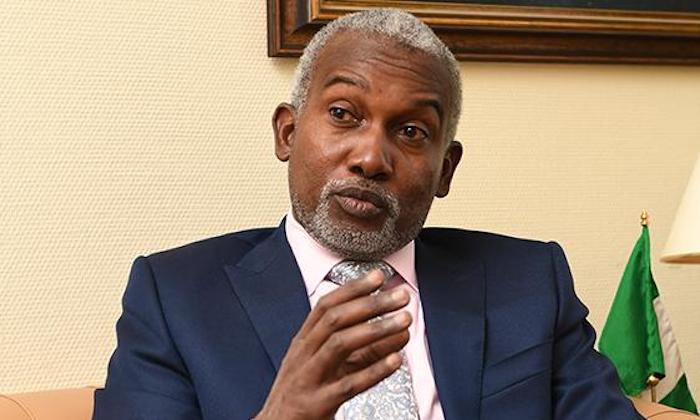The Nigerian High Commission in London, United Kingdom, has amassed about £8.4 million in congestion charges.
This was disclosed by a datasheet published by Transport for London (TfL), which manages different means of transportation in London, including the tube, buses, trams, cars, bikes, and river services.
According to the publication, the charges were from unpaid fees and fines accrued by diplomats between the launch of the congestion charge in 2003 and the end of last year.
The scheme involves a £15 daily fee for driving within an area of Central London between 7 am and 6 pm on weekdays and between noon and 6 pm on weekends and bank holidays.
- Ibrahim Attahiru: Three years after an unforgettable Patriot
- Peace committee to engage political gladiators ahead Edo, Ondo gov’ship polls
However, there are discounts and exemptions for various groups of people and vehicles, such as residents, taxis, and fully electric cars.
Diplomats have argued that the congestion charge is a tax, exempting them from paying it under the Vienna Convention, but the TfL maintained that the payment is a service charge.
“This means that diplomats are not exempt from paying it,” the TfL said in the datasheet. “The majority of embassies in London do pay the charge, but there remains a stubborn minority who refuse to do so, despite our representations through diplomatic channels.”
According to TfL, the envoys representing different countries owed over £143.53 million in congestion charge payments.
The embassies of the US and Japan top in among the defaulters accumulating debts of £14.6 million and £10.1 million, respectively.
While India is in third position with £8.5 million, Nigeria sits in fourth place.
Other countries on the list include Russia, China, Poland, Ghana, Kenya, and France, with Nigeria’s West African neighbour, Togo with the smallest charges at £40.

 Join Daily Trust WhatsApp Community For Quick Access To News and Happenings Around You.
Join Daily Trust WhatsApp Community For Quick Access To News and Happenings Around You.

